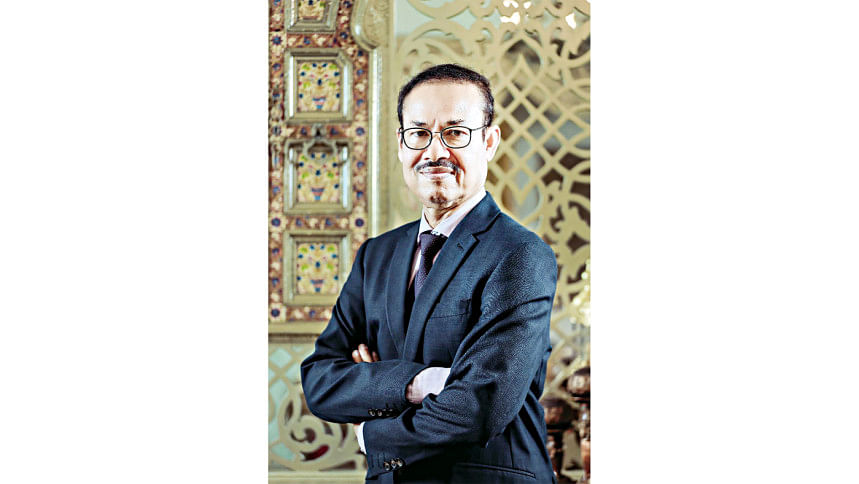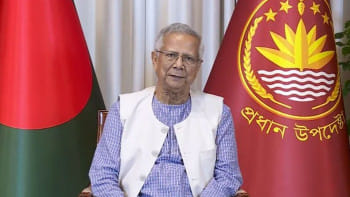Can our firms go global?

Can Bangladeshi companies raise capital overseas? This question is being asked more often as our economy matures and ambitious businesses look beyond the local stock market. Dhaka's exchanges have improved over the years, but anyone who has tried to raise meaningful funds knows the constraints. Those include thin trading volumes, modest valuations and a narrow investor base. For a company with regional ambitions or plans for technology upgrades, the thought of tapping bigger markets in Singapore, Saudi Arabia or Dubai is only natural.
On paper, nothing in Bangladeshi law explicitly forbids a foreign listing. In practice, the path is complex and filled with regulatory obstacles.
The first hurdle is the country's foreign exchange regime. Outbound investments by resident firms are tightly controlled under the Foreign Exchange Regulation (Amendment) Act of 1947. Promoters often consider setting up a holding company in a jurisdiction like Singapore or the Dubai International Financial Centre and listing that entity overseas.
Even that requires explicit approvals from the Bangladesh Bank for outbound investment and from the Bangladesh Securities and Exchange Commission for foreign share issuance. Tax planning is also critical so that dividends and capital gains can be brought back. And even if these hurdles are cleared, the company must meet the listing standards of the overseas market: several years of profitability, IFRS-compliant audits, independent directors and robust internal controls. For many firms, these are not small adjustments but significant upgrades.
There is another dimension. Many owners hesitate because they fear losing control. Listing ordinary shares abroad means handing over voting rights to new investors, which can shift boardroom dynamics or even open the door to activist shareholders. Other emerging markets faced the same concern and came up with solutions.
One of the most effective is the Global Depositary Receipt, or GDR. Here, a company issues ordinary shares held by a custodian bank in its home country, while a foreign depositary bank issues receipts representing those shares, which trade on an overseas exchange. Investors abroad buy and sell the receipts, the company raises hard currency capital, but the underlying voting shares remain in the promoters' hands. It is a proven way to raise foreign capital without surrendering control. India, Pakistan and Sri Lanka have used GDRs for years to tap global investors while keeping decision-making authority intact.
Bangladesh does not yet have a working GDR framework. The BSEC explored the idea more than a decade ago and even issued draft guidelines, but the initiative never turned into a usable system. A clear GDR policy would lay out approval steps, custodial arrangements and disclosure rules. It would allow well-run Bangladeshi companies to raise capital in Singapore's sophisticated market, Saudi Arabia's booming Tadawul exchange or Dubai's dynamic financial centre, while keeping control at home.
The benefits would be significant. Companies listing abroad often enjoy better valuations, particularly those with export earnings or technology-driven models. Global investors bring not only capital but also credibility and networks that help businesses grow. Funding sources become more diverse, and raising hard currency provides a natural hedge against taka volatility. For Bangladesh, creating a viable path to overseas listings would send a strong signal of confidence in our corporate sector. It would also encourage more firms to adopt international reporting and governance standards, strengthening the domestic market in the process.
The ability to raise money abroad without losing control is not just a technical possibility. It is a strategic lever that could reshape how Bangladeshi companies finance their future. If regulators revive and implement a GDR framework, and if companies start preparing now with better reporting and governance, we could open a new chapter in our capital markets. That is an opportunity worth pursuing for our businesses and for the economy as a whole.
The writer is the chairman of Unilever Consumer Care Ltd

 For all latest news, follow The Daily Star's Google News channel.
For all latest news, follow The Daily Star's Google News channel. 



Comments